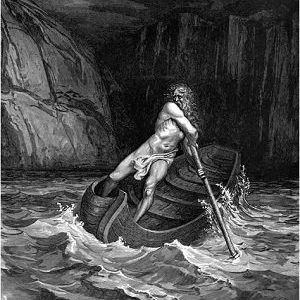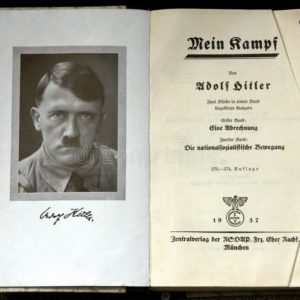
“We,” the Inaugural Pronoun
Even in our nation’s founding documents, the Inaugural Pronoun “We” has a hard time surviving the language that surrounds it. James Boyd White, in When Words Lose Their Meanings, brilliantly shows, in his close reading of both the Declaration and the Constitution, how nearly their respective “We’s” come to foundering in the turbulence of everyday reality.






